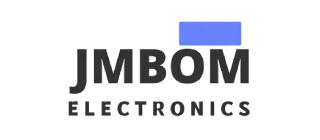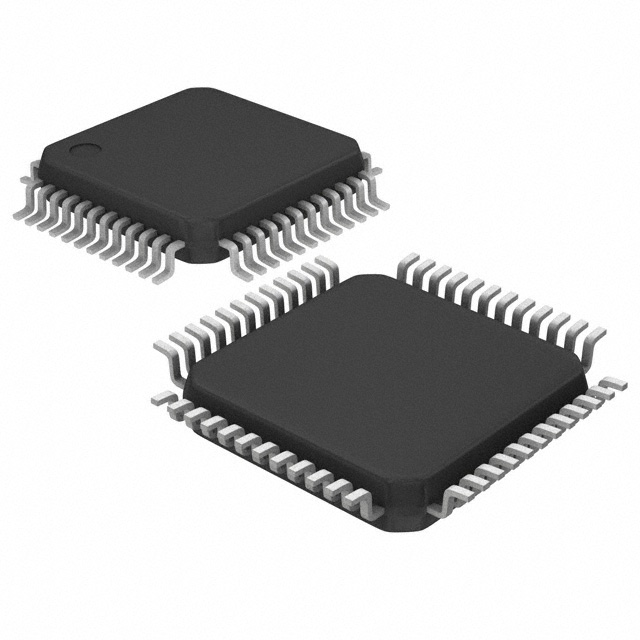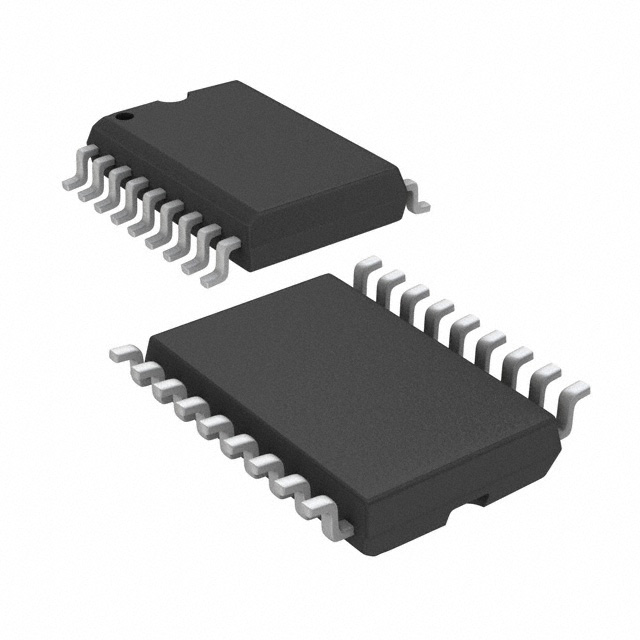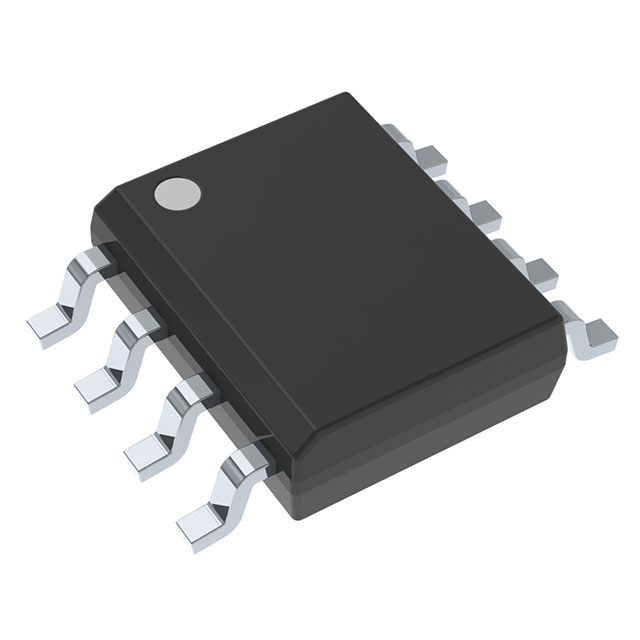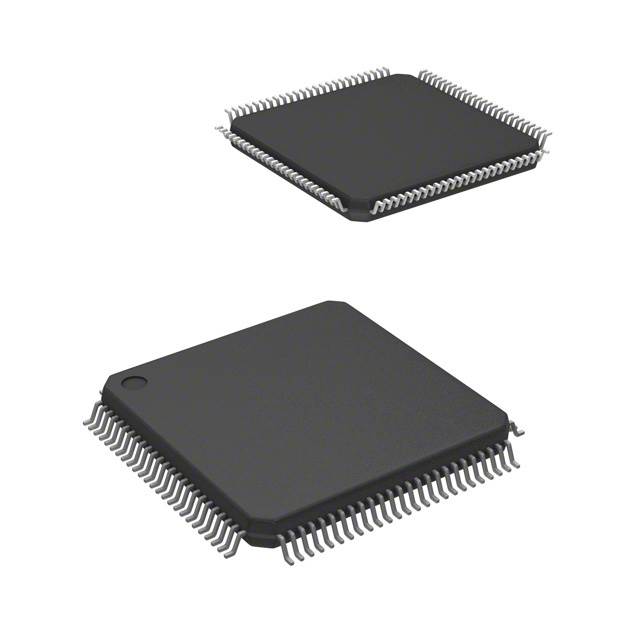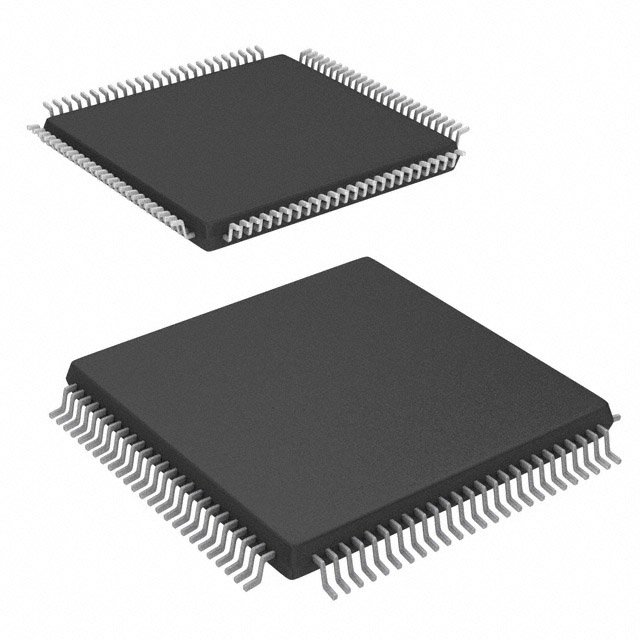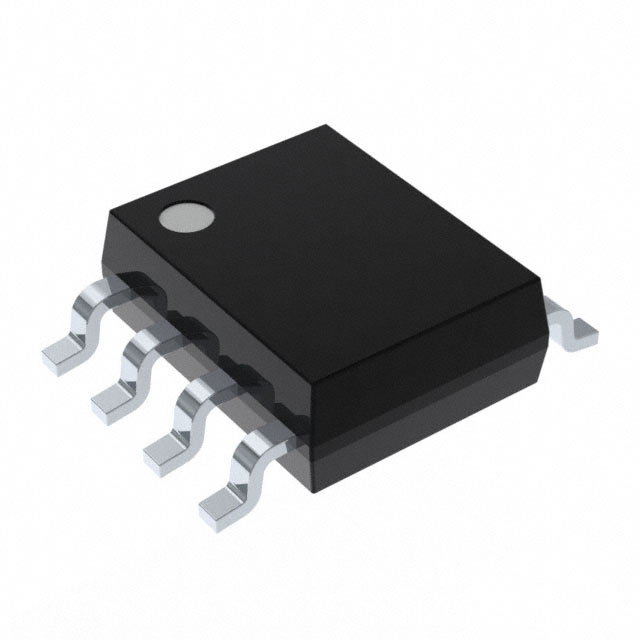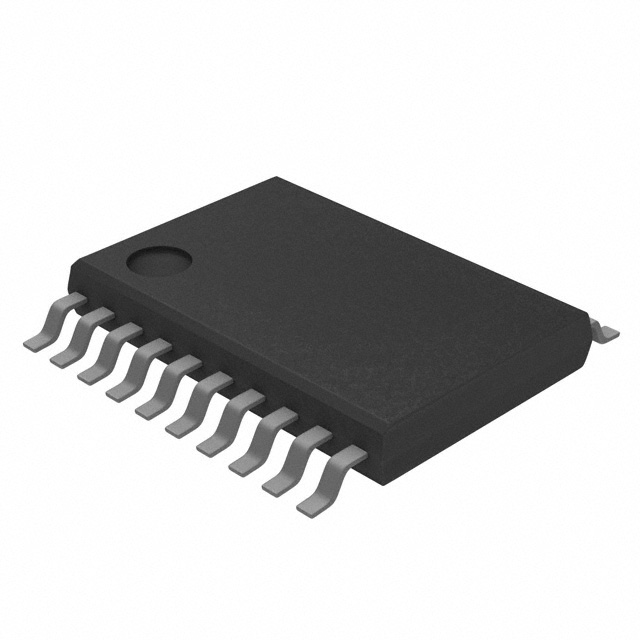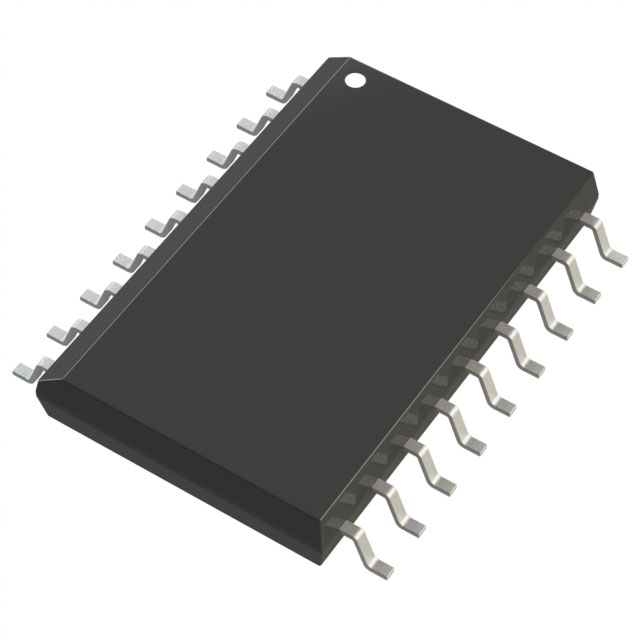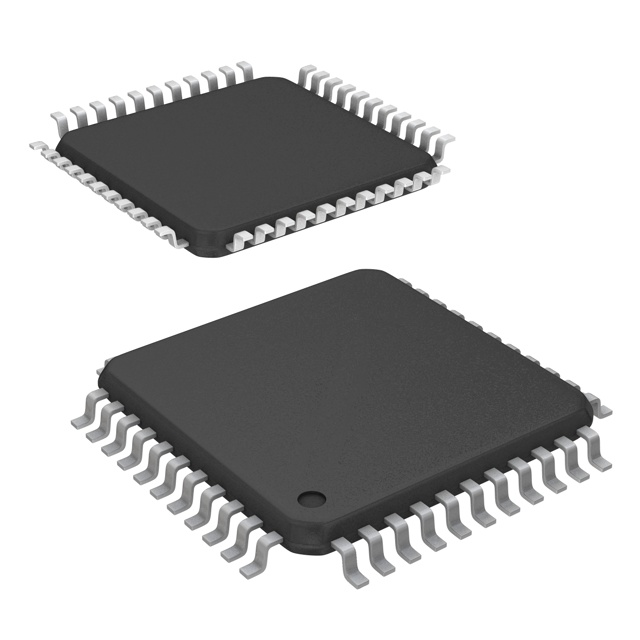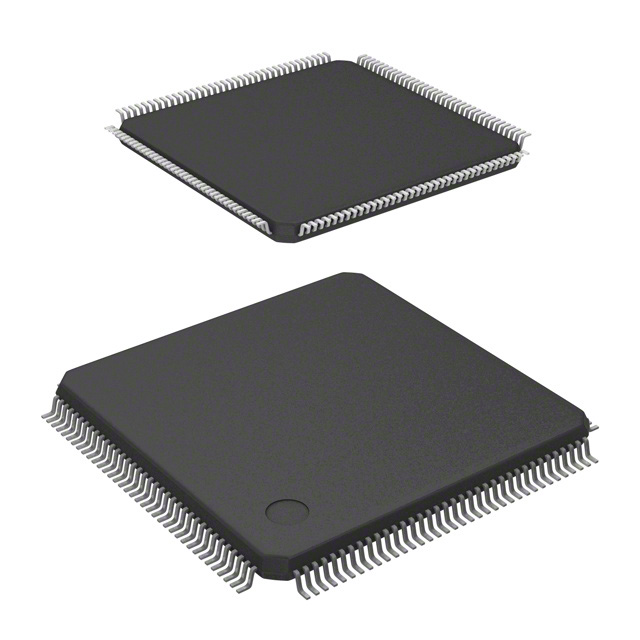

L9908 Gate Driver for Automotive Motor Control
Catalog
Description of L9908 Gate DriverSuitable for 48V automotive technology3 Current Sensors Based on Analog Topology
Consumers demand smoother, more responsive steeringWhat Car Manufacturers Care About MostMany Ways to Utilize the L9908 in Automotive Motor Control
Solution Specifications
Where can I find the L9908 Gate Driver?
Description of L9908 Gate Driver
The L9908TR is a highly integrated automotive-grade three-phase gate driver unit (GDU) and a standout product from ST in the field of brushless motor applications. It’s ST's first GDU to support 48V batteries, meeting the latest power demands brought about by the rise of hybrid and electric vehicles. The L9908 supports 12V, 24V, or 48V automotive power systems, offering flexible input and output channels that enable a wide range of applications in both traditional fuel-powered vehicles and hybrid/electric new energy vehicles. is a highly integrated automotive-grade three-phase gate driver unit (GDU), a standout product by STMicroelectronics in brushless motor applications. It's ST’s first GDU designed to support 48V batteries, addressing the latest power demands driven by the rise of hybrid and new-energy vehicles.
The L9908TR is capable of controlling six N-channel FETs to drive brushless motors used in electric power steering systems, brake boosters, fans, pump motors, and transmissions. Additionally, it fully complies with the automotive functional safety standard ISO 26262 ASIL-D.
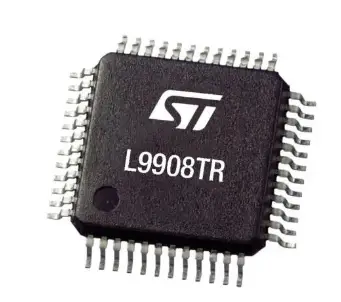
Suitable for 48V automotive technology
When developing new applications, engineers need to make significant investments in devices, tools, and other resources. The importance of 48V systems in automobiles is now undeniable. Larger batteries help "save fuel, reduce emissions, and increase power." Several key manufacturers in the battery industry have also emphasized the significance of 48V batteries, although transitioning from existing power systems to 48V presents some challenges. The L9908 supports updated designs based on previous-generation products, facilitating a smooth transition.
The L9908 is the next-generation product of the L9907, supporting both 3.3V and 5V logic, with a power supply voltage range as low as 4.5V. It is compatible with 12V, 24V, and 48V battery systems. Both the L9907 and L9908 are AEC-Q100 certified, with the L9908 also meeting ASIL-D standards to fulfill the requirements of more demanding applications.
3 Current Sensors Based on Analog Topology
Engineers have always been focused on finding more cost-effective solutions, and analog sensing is the direction the industry is moving toward. However, compared to floating topology, analog topology has a poorer signal-to-noise ratio and longer output stabilization time, which can impact torque control and the use of complex algorithms. Despite this, customers demand more powerful motor control, and drivers expect smooth, vibration-free steering. This means engineers must develop advanced algorithms and extract high-quality data from the current sensors. Therefore, even though traditional analog topologies have limitations, designers still need to find ways to improve performance.
Consumers demand smoother, more responsive steering
The L9908 offers a unique solution by coupling analog topology with a digital SPI line and utilizing three current sensors. These sensors provide greater flexibility and more data, allowing developers to use Field-Oriented Control (FOC) techniques to improve overall performance and efficiency. Additionally, the digital SPI line enhances the signal-to-noise ratio during signal processing and provides the MCU with higher-quality data. Advanced algorithms can help create more sophisticated steering systems without compromising the cost-effectiveness of the entire solution.
What Car Manufacturers Care About Most
Safety
In recent years, the requirements for gate drivers in the automotive industry have undergone significant changes. ISO now mandates that GDUs supporting 48V applications must be able to handle supply voltages of up to 75V. The reason behind these changes is the need for stricter safety regulations in smart and electric vehicles to protect consumers. In response, the L9908 provides new diagnostic and protection features via a 32-bit SPI interface. The safety features of the L9908 include SPI-configured dead time insertion, straight-through short-circuit diagnostic protection, open-load detection, short-to-ground diagnostics, and short-to-battery diagnostics.
It also allows for setting temperature warnings and reading junction temperature measurements through the SPI bus. Additional diagnostics include ground loss detection, over-voltage and under-voltage detection on power supply pins and FET driver supplies, system clock monitoring, an SPI window watchdog, and fault status flags.
Simplifies Prototyping
The L9908 is leading a new generation of automotive applications. To help engineers keep up with the latest trends in application development, STMicroelectronics offers several development boards that incorporate the L9908 and the SPC560P.
One such tool is the AEK-MOT-3P99081, which helps engineers speed up prototyping. ST’s autoDevKit allows proof-of-concept to be completed in just minutes. The kit includes a demo where the L9908 drives a BLDC motor with a Hall sensor. Additionally, ST offers the AEK-MOT-3P9908M kit, which includes both a development board and motor to further accelerate the development process.
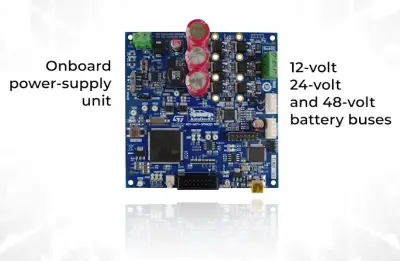
AEK-MOT-3P99081
Many Ways to Utilize the L9908 in Automotive Motor Control
In applications such as low-pressure liquid pumps, air pumps, blowers for ventilation and cooling systems, and power seat controls, the highly integrated, flexible, and accurate L9908 simplifies design, saves space, and enhances control precision. The driver can also be used to design power motor inverters for light hybrid vehicles (ICE) and 48V pure electric mobility vehicles.
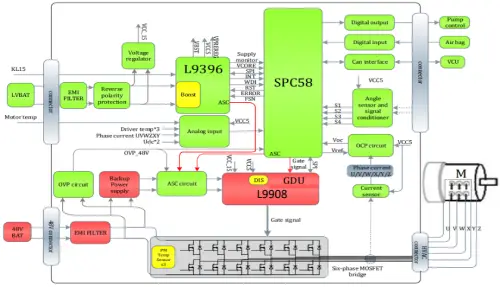
48V Inverter Reference Design System Block Diagram
ST, in collaboration with the Greater Bay Area Institute for Integrated Circuits and Systems Applications (GIICS), has developed a 48V inverter reference design based on ST’s automotive-grade chip solutions. This design includes an MCU (SPC58NN), SBC (L9396), Pre-Driver (L9908), as well as analog and logic protection chips.
With its built-in diagnostic features, the L9908 is also suitable for safety systems such as Autonomous Emergency Braking (AEB) and advanced electric power steering (EPS), simplifying the ISO 26262 certification process. The following EPS demonstration solution consists of ST’s automotive-grade 32-bit PowerPC microprocessor (SPC560P50), L9908, and automotive-grade MOSFETs. This solution is compatible with 12V, 24V, and 48V systems and includes the corresponding diagnostic and protection features.
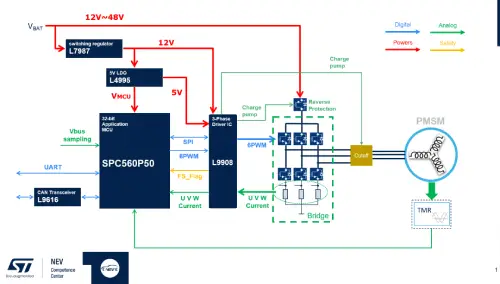
Brushless Motor General System Block Diagram
In single battery (12V), dual battery (24V), and 48V automotive battery systems, the L9908 offers significant flexibility. The motor power supply pins can handle a wide voltage range from 4.5V to 75V, while the motor connection pins can withstand voltages from -14V to 95V. The chip’s internal logic operates on a 3.3V supply, and its digital I/O ports are compatible with both 3.3V and 5V logic levels.
The L9908 is a highly integrated automotive-grade three-phase gate drive unit (GDU) and a flagship product from STMicroelectronics for brushless motor applications. It is ST’s first GDU to support 48V batteries, addressing the latest power requirements driven by the increasing adoption of hybrid and new energy vehicles. The L9908 supports 12V, 24V, and 48V automotive power systems, offering flexible input and output channels for various applications in both traditional fuel-powered and hybrid/electric vehicles.
Solution Specifications
- Supports 12V, 24V, and 48V automotive power systems
- Power supply pins can withstand a wide voltage range from 4.5V to 75V
- Internal 3.3V power supply
- Digital I/O ports are compatible with 3.3V and 5V logic levels
- Suitable for BLDC motors
- Motor connection pins can withstand -14V to 95V
- TQFP48 package
- AEC-Q100 certification
- ISO26262 ASIL-D standard
Where can I find the L9908 Gate Driver?
You can find the L9908 Gate Driver at electronics stores like JMBom Electronics, as well as specialty battery shops. They are usually easy to spot by their equivalent designations.
Subscribe to JMBom Electronics !

